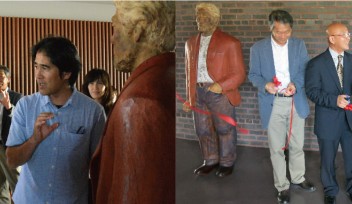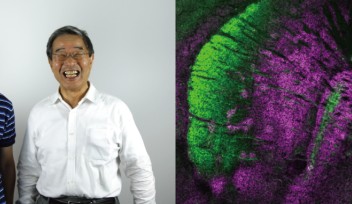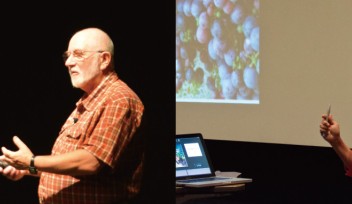Revolutionizing Swine Farming

Wastewater from pig farming poses significant challenges due to its volume and high concentrations of organic matter, phosphorus, and nitrogen. Traditional treatment methods, such as the activated sludge process, are costly and generate excess sludge, which accounts for 70% of the running cost. Moreover, untreated nitrate discharge can have detrimental effects on health and the environment. It is essential to control nitrogen inputs into coral reef ecosystems to preserve their health and resilience in the face of increasing environmental challenges.
Led by Dr. Mami Kainuma, researchers from the Biological Systems Unit have developed an innovative solution to address these challenges. Through interviews with pig farmers, many expressed a desire to reduce wastewater treatment costs with a low-maintenance system. Additionally, approximately 30% of farmers are expected to struggle to meet the standard discharge regulation in nitrate levels with current treatment methods, anticipating future difficulties.
Their novel technology simultaneously treats organic matter and nitrate in wastewater, offering a game-changing alternative to conventional methods. The system, featuring a two-tank configuration utilizing anaerobic microorganisms respiring through electrodes, has shown promising results. Compared to conventional methods, this anaerobic system requires no oxygen supply, resulting in lower electricity costs and minimal excess sludge generation. By integrating it with existing wastewater treatment facilities, a significant reduction in operating costs—estimated at 20-50%—can be achieved. Additionally, the system ensures compliance with stringent discharge regulations, safeguarding both human health and the environment.
Proof of concept demonstrations started on a laboratory scale (2L reactor) and subsequent operation of a 65-liter system at the Okinawa Prefecture Livestock Research Center have validated the efficacy of the technology. During this Proof of Concept Phase II, the team is constructing and testing a larger 525-liter scale-up reactor in collaboration with NIKKO COMPANY, a major wastewater treatment manufacturer, Okinawa Environment Science Center, and Okinawa Prefecture Livestock Research Center, aiming for commercialization.
This groundbreaking research, supported by the OIST Innovation Proof of Concept Program and Okinawa Prefecture Government, represents a significant step towards sustainable pig farming practices. As the project progresses, the team is optimistic about its potential for broad adoption, contributing to a more resilient livestock industry and the preservation of coastal ecosystems.














